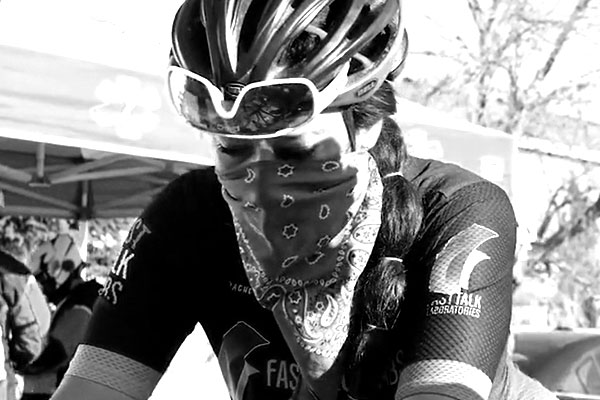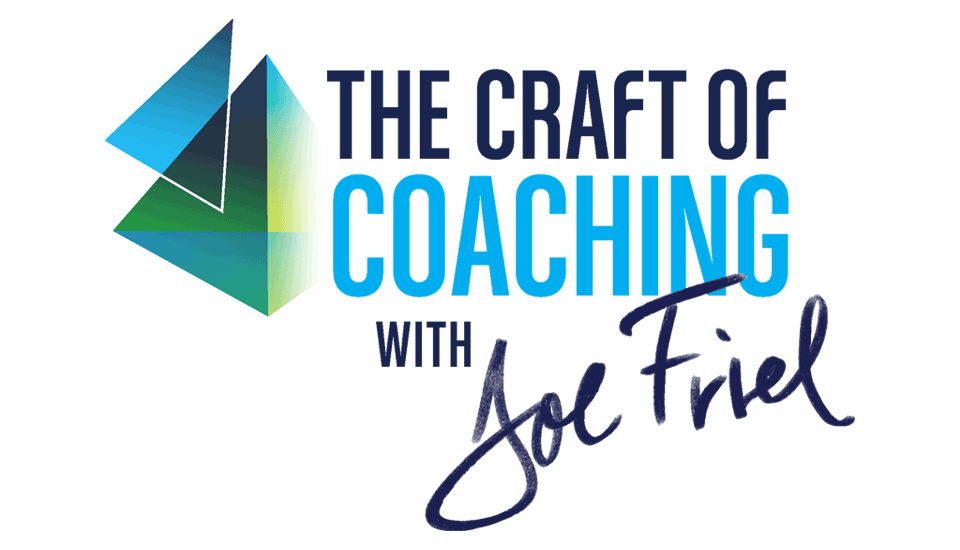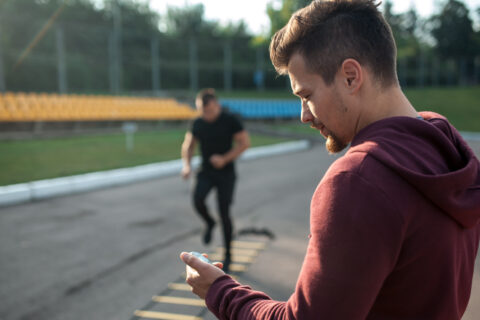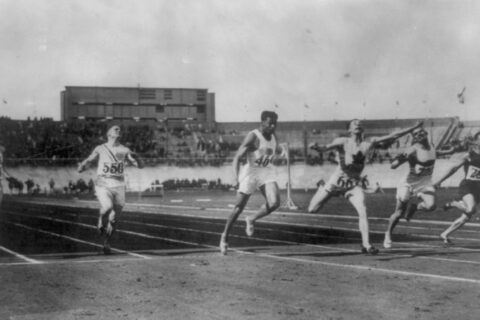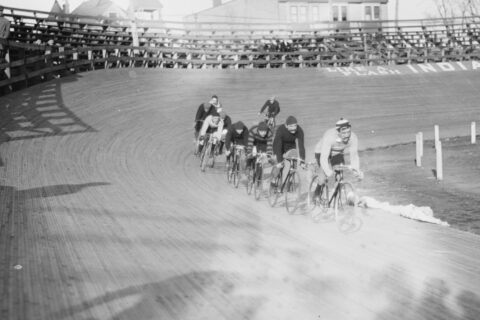Joe Friel describes a time when his coaching method and philosophy were put to the test—and how he recognized the challenge and refined his approach.
Joe Friel describes a time when his coaching method and philosophy were put to the test—and how he recognized the challenge and refined his approach.
